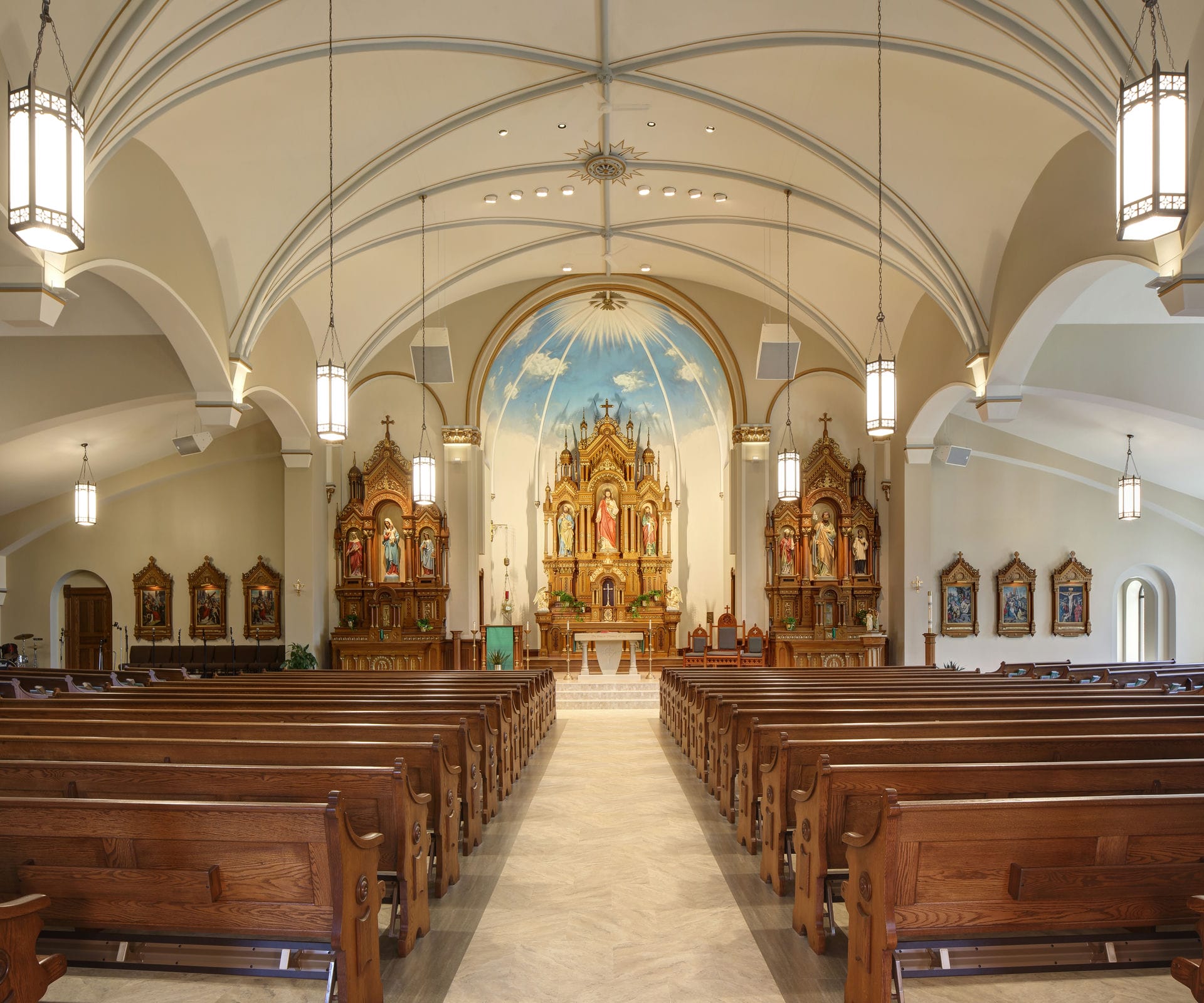Understanding the Faith in Housing Act
Across the country, communities are searching for ways to create more affordable housing. The Faith in Housing Act is a proposed bipartisan bill that would make it easier for faith-based and religious nonprofit organizations to build affordable housing on their property.
In simple terms, it removes many of the zoning and permitting barriers that often slow down or prevent these projects from happening. By streamlining state and local zoning laws, the act gives churches and faith-based organizations the opportunity to use their land to serve their communities in new ways.
This is more than a policy change. It is an invitation for faith communities to live out their mission and to be good stewards of their resources.
Why It Matters
Arizona currently faces an estimated housing shortage of more than 54,000 units and a long-term shortage of 240,000 units as of late 2024. For many families, teachers, and essential workers, finding quality housing that fits their budget has become increasingly difficult.
Through the Faith in Housing Act, churches can play a vital role in closing that gap. By developing underused or unused land, they can create housing that serves the people already living and working in their neighborhoods. At the same time, this allows congregations to strengthen their outreach and sustainability for years to come.
A Win for Churches and Communities
Many churches in Arizona have land that sits empty or is underutilized. In some cases, maintaining that land actually draws money from the church’s maintenance budget. Through this type of partnership, that same land can become a source of good.
Catalyst is already actively partnering with several churches and schools across the state that are exploring this alternative development model. These organizations are seeking ways to use their properties to address housing needs while also strengthening their long-term ministry impact and financial stability.
For example, Catalyst is currently working with a church in Scottsdale that plans to use its property to build a forty-four unit senior living community. The church is contributing its land to the project and will receive a new worship space in return. The result is a project that benefits the congregation, provides needed housing, and serves the surrounding neighborhood.
These types of collaborations demonstrate how churches can continue their mission while also ensuring financial stability. The returns from these developments can help pay for needed repairs, expand ministry programs, or create new spaces for outreach like counseling centers or food pantries.
Addressing Common Misconceptions
Affordable housing often carries an unfair reputation. Many assume it means low-quality or unsafe housing, but that is far from the truth. Affordable housing supports people who make up the heart of our communities — teachers, health care workers, grocery store employees, and families who want to live near their schools and churches.
When thoughtfully designed and professionally managed, these projects do not increase crime or reduce property values. Instead, they strengthen communities and provide stability for those who need it most.
How Catalyst Helps
For churches, entering into a development agreement can seem overwhelming. At Catalyst, our goal is to be a trusted partner and advisor from the very beginning. We often come in as the first point of contact to help churches explore their options, evaluate their land, and understand what is possible under the Faith in Housing Act.
We do not charge preconstruction fees for this process. Our priority is to protect the church’s interests, ensure they receive a fair share of the value they bring to the project, and guide them every step of the way. From introducing the right architects and developers to helping negotiate equitable terms, Catalyst acts as the church’s voice throughout the process.
Stewardship and Mission
Some faith leaders worry that developing land for housing might conflict with their mission. In reality, these projects often deepen a congregation’s impact. They create opportunities to welcome new neighbors, provide affordable living for staff and workers, and extend the church’s presence within the community.
This is not about turning a church into a business. Churches remain passive investors, maintaining their nonprofit status while partnering with trusted professionals who handle the construction, leasing, and property management. It is a model that aligns faith with stewardship, service, and sustainability.
Looking Ahead
The Faith in Housing Act represents an opportunity for churches and faith-based organizations to make a meaningful difference. By working together, we can transform unused land into spaces that serve people and honor God’s provision.
At Catalyst Construction, we see this as more than a building opportunity. It is a chance to strengthen communities and empower churches to live out their mission in tangible, lasting ways.




